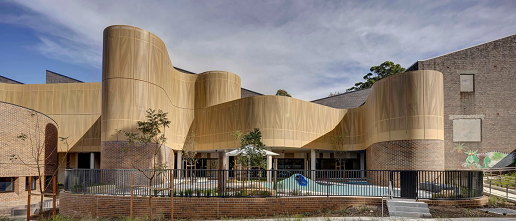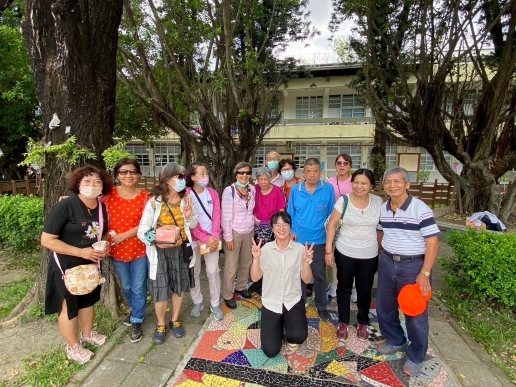As Taiwan is back on fighting the COVID-19 outbreak, comparisons have been drawn between COIVID-19 and influenza.
According to TAIPEI TIMES, people wonder whether nasal congestion and difficulty breathing are caused by allergies or COVID-19, said pediatrician Ken Tsui (徐嘉賢), who runs a clinic under his name in Kaohsiung.
To help ease concerns, Tsui shared on Facebook ways to differentiate between a cold, allergies and COVID-19. However, he said that each person’s symptoms are different and clinical advice should be sought if there are any doubts.
TAIPEI TIMES mentions, allergic symptoms generally flare up over a fixed period and do not change, Tsui said.
They also do not involve a fever or loss of taste, which are common symptoms of COVID-19, but chronic sinus allergies and sinusitis could cause a loss of smell, he added.
0603.jpg)
The most important difference between allergies and COVID-19 is the lack of a fever. Image courtesy of World Journal.
While associated with shortness of breath, asthma is often also accompanied by a cough and wheezing, Tsui said, adding that the most important difference between allergies and COVID-19 is the lack of a fever.
On the other hand, symptoms of the common cold tend to change over time, Tsui said.
For example, they start with sneezing, followed by a runny nose the next day and a sore throat the day after that, he said, adding that a fever is also possible.
These are very similar to COVID-19 symptoms, he said.
More articles: I have infected COVID-19. What should I be aware of?
0603.jpg)
WHO says that stay safe by taking some simple precautions, such as physical distancing, wearing a mask, keeping rooms well ventilated, avoiding crowds, cleaning your hands. Image courtesy of AP.
TAIPEI TIMES says, however, due to its variability, with some cases not displaying any symptoms at all, COVID-19 can be difficult to diagnose, Tsui said.
Abnormal senses of taste and smell are not unique to COVID-19, these symptoms appear early, before the novel coronavirus has entered the lungs, he added.
The only way to be sure of a COVID-19 infection is through testing, Tsui said, but strongly urged against undergoing a test unless recommended by a doctor or listed as a contact of a confirmed case.
Crowding testing centers and hospitals only increases the risk of infection, while putting more work on overtaxed medical personnel, he added.
More articles: Social Distancing App helps with the coronavirus prevention
0603.jpg)
The only way to be sure of a COVID-19 infection is through testing. Image courtesy of Business Today
TAIPEI TIMES adds, Tsui urged people to avoid crowded areas until vaccines are made available, adding that the pandemic would end only when a certain percentage of people have been vaccinated.
He advised people with allergies to try to control their symptoms to avoid causing unnecessary worry at this time.

0603.png)





